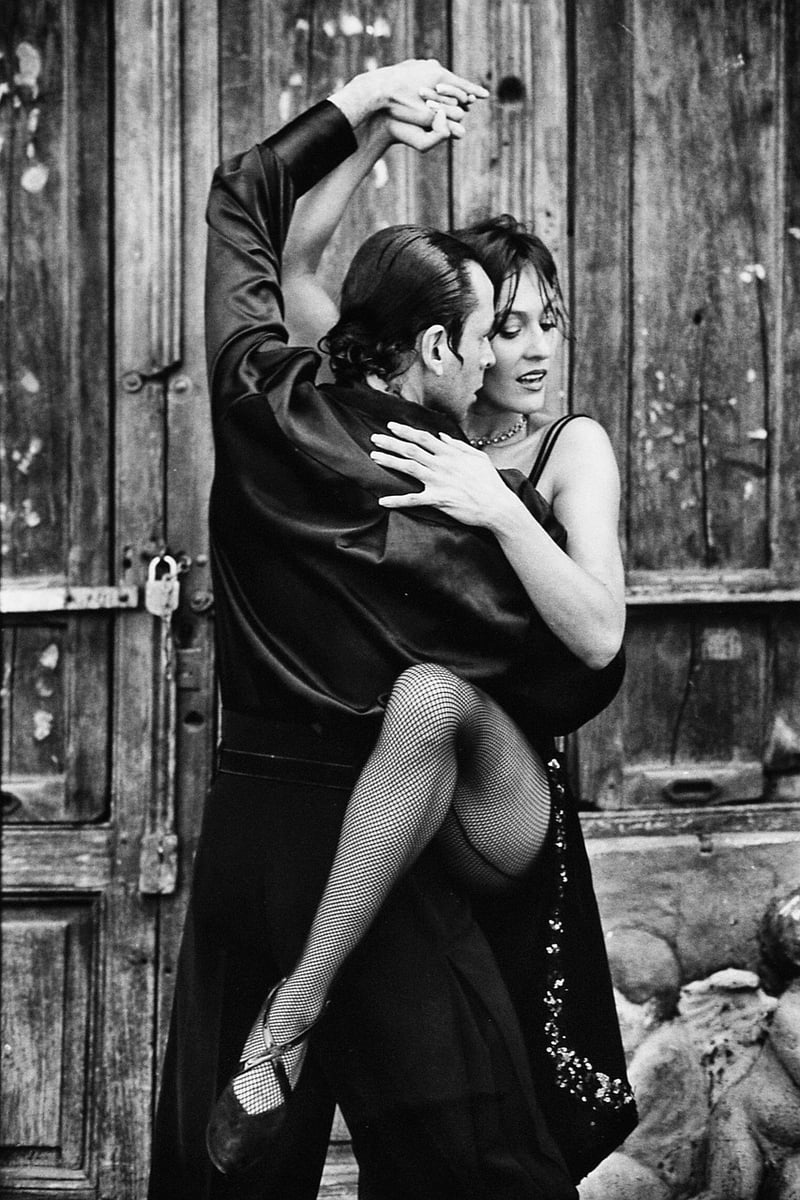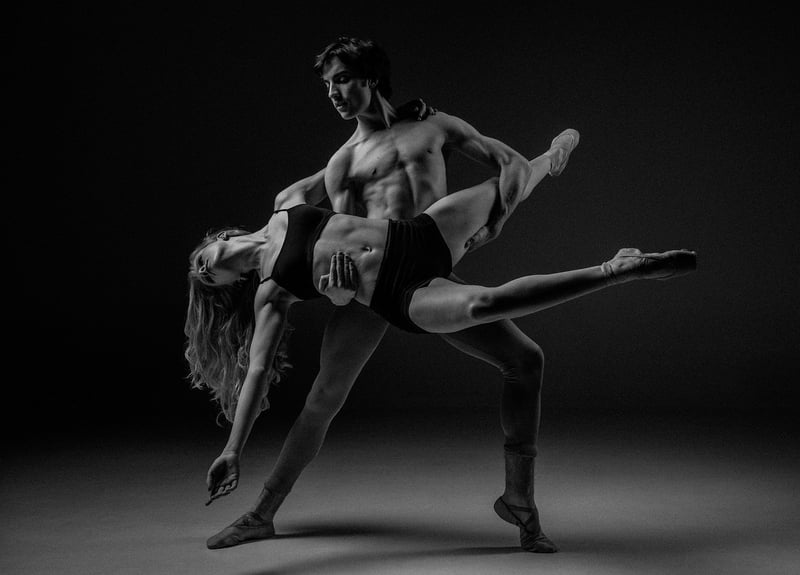Salsa
The Art of Expressive Movement: Salsa Dancing
Salsa dancing is not just a dance; it's a form of art that allows individuals to express themselves through movement and rhythm. The fusion of different dance styles in salsa creates a vibrant and energetic atmosphere that captivates both dancers and spectators.
The Origin of Salsa
Salsa originated in the Caribbean, with influences from Cuban Son, Afro-Cuban dance, and Puerto Rican Bomba. It gained popularity in the United States in the 1960s and has since become a global phenomenon, with salsa clubs and festivals held worldwide.
Expressive Movement in Salsa
Expressive movement is at the core of salsa dancing. Dancers use their entire body to convey emotions, tell stories, and connect with their partners. From intricate footwork to fluid body movements, salsa allows for personal interpretation and creativity on the dance floor.
Benefits of Salsa Dancing
- Improves cardiovascular health
- Enhances coordination and balance
- Boosts mood and reduces stress
- Builds social connections and confidence
Getting Started with Salsa
Whether you're a beginner or an experienced dancer, salsa offers something for everyone. Joining a salsa class or workshop can help you learn the basic steps, connect with other dancers, and immerse yourself in the vibrant world of Latin dance.
Image Gallery



Conclusion
Salsa dancing is not just a physical activity; it's a form of self-expression that allows individuals to connect with music, movement, and each other. So put on your dancing shoes, feel the rhythm, and let the music guide you on a journey of expressive movement through salsa!
Keep dancing, keep moving, and keep expressing yourself through the art of salsa!
